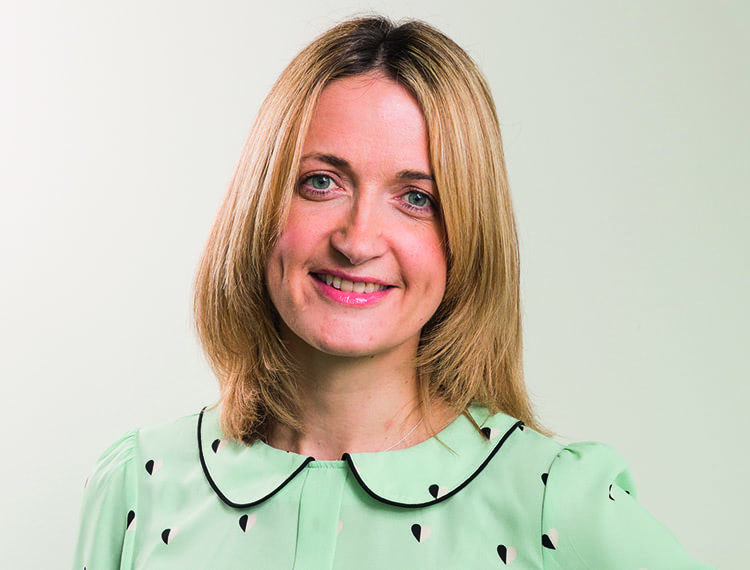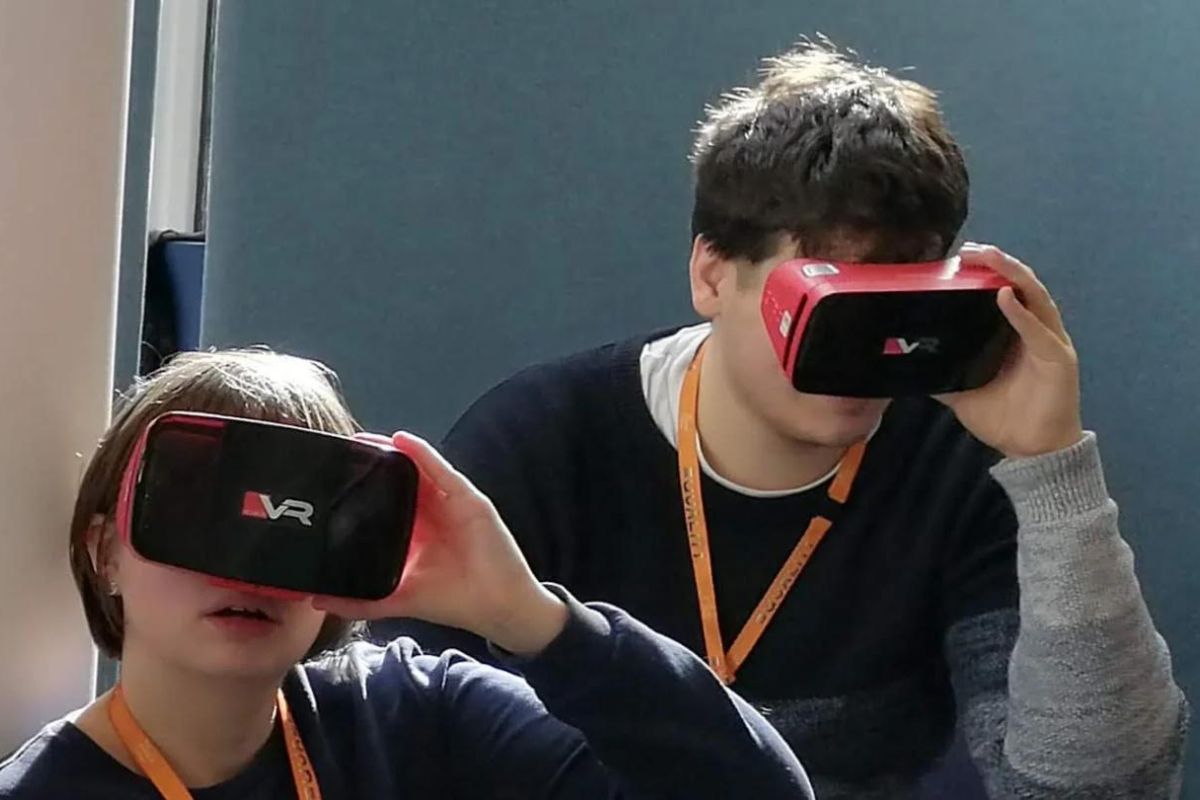Young People and Community Engagement

The ONS released new findings on how young people fit into their neighbourhood today, showing that:
- 36.7% of 16-24 year olds have participation in civic activities in their community in the last year, compared with 38% of over 25s
- 38.9% of 16-24 year olds have participated in formal volunteering over the last 12 months, compared to 37.4% of 25 and over. However, this is down from 48% in 2013.
Commenting on the release of the ONS report on How young people fit in to their neighbourhoods, Kirstie Mackey, Head of LifeSkills created with Barclays, said:
“The value and impact of young people engaging with their communities should not be underestimated. Alongside the personal rewards of investing time and energy into the local community, social engagement and volunteering can be one of the best ways for young people to develop key skills and gain experience that will prepare them for their future careers.
“Wider research has shown that participants in social action are 27 per cent more likely to find a job, and those with evidence of it on their CV are 10 per cent more likely to succeed in an interview*. Whether it be building customer service skills through volunteering at a local charity shop or developing proactivity and confidence through fundraising for a local community group – social action is unique in its ability to allow young people not only to make a tangible impact on their world, but also to build the employability skills that can stay with them throughout their working lives.”
*Source: The Behavioural Insights Team 2016
About the LifeSkills created with Barclays programme
The LifeSkills programme is inspiring millions of young people and equipping them with the key skills to move forward into the 21st century work place. LifeSkills brings together educators, businesses, young people and parents to achieve this, as increasingly young people need to leave education not only with appropriate academic results but with the skills that we know businesses need now and in the future.
Educators, including schools, colleges, universities, charities and youth groups, are provided with more than 65 hours of free curriculum linked employability resources, through videos, quick fire activities, interactive tools and full lesson plans to teach young people, as well as dozens of interactive tools for young people to learn in their own time or in conjunction with their parents through our dedicated parents section.
The programme focuses on the development of skills such as CV writing, interview skills, problem solving, creativity, resilience, adaptability, communication and leadership.
LifeSkills also provides free support to UK businesses to help improve access to work experience opportunities – giving young people the key skills and experience they need.
Already LifeSkills is raising the aspirations of young people as they feel more motivated and confident about the future and we are seeing evidence that young people are using what they have learnt to secure employment and manage their finances more effectively. More than 8.3 million young people have already participated in the programme.












Responses